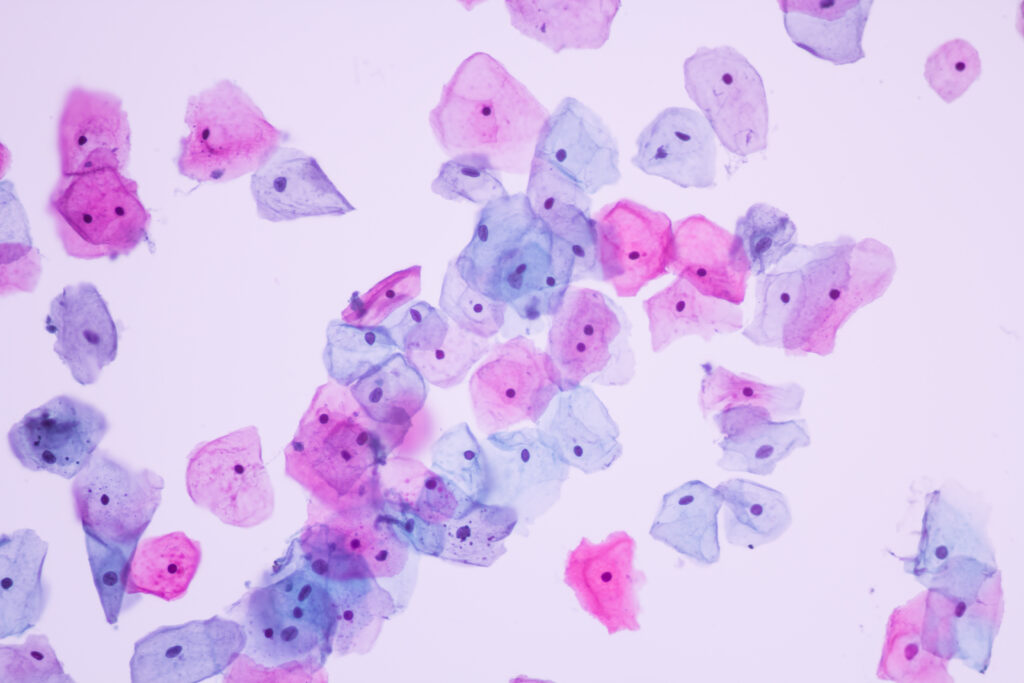Scientists have successfully created human eggs from skin cells, a development that could one day transform fertility treatment for women with age-related infertility, cancer survivors, and even same-sex male couples.
The early-stage work, led by Prof Shoukhrat Mitalipov at Oregon Health and Science University, used a method similar to the one that produced Dolly the sheep in the 1990s. Researchers removed nuclei from skin cells and placed them into donor eggs stripped of their own nuclei. The challenge was ensuring the correct number of chromosomes. By fertilising the eggs and activating them with a compound called roscovitine, the team encouraged the cells to shed excess chromosomes.
However, the process remains highly inefficient. Out of 82 eggs created, fewer than 10% developed to the stage typically used in IVF, and none grew beyond six days. Many embryos had abnormal chromosome pairings, making them non-viable.
“This is a proof of concept,” Mitalipov said, adding that it could take another decade to perfect and prove safe.
Experts welcomed the breakthrough but urged caution. Prof Richard Anderson of the University of Edinburgh called it “a major advance” for women who lose their eggs through illness or treatment, while Prof Roger Sturmey of the University of Hull stressed the need for transparency and strict governance to build public trust.
If perfected, the technique could not only restore fertility for thousands but also open new possibilities for same-sex couples by creating eggs from male cells. For now, it marks a striking but still tentative step in the future of reproductive medicine.

